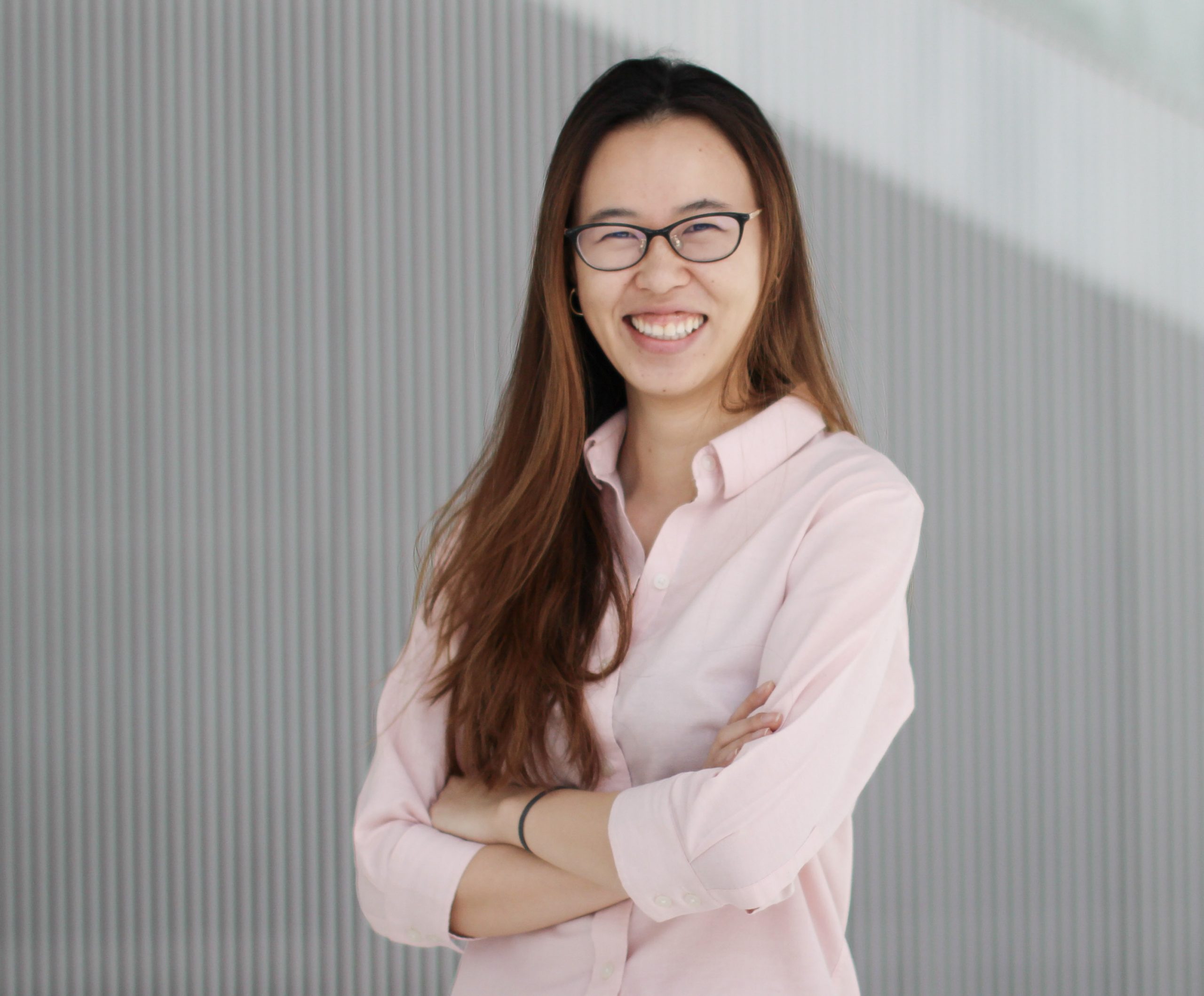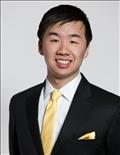
Amy Zhang talks about her research on how people can better manage their online discussions through collaborations with people they trust.
Having a better understanding of the context behind what has been posted and having better digital literacy depends on people having the tools they need. We need to design tools to help people lean on each other and those they trust.
Amy Zhang
Amy Zhang’s research goes to the heart of the biggest communication issue today – trust. Her PhD investigates how to help end users better manage their online discussions. The emphasis is on collaboration. While the internet has brought us an onslaught of information, it has also made us more connected. The trick is to know what information to trust.
Under the umbrella of this broad subject, Amy has been involved in projects to build tools to address issues such as misinformation and information overload.
The PhD Amy [2011] is doing at MIT builds on her MPhil in Advanced Computer Science at the University of Cambridge where she led her first research project, using data analytics to design an online tool to create real-time neighbourhood profiles.
After leaving Cambridge, Amy went to New York to work at a start-up.
She began her PhD in Computer Science at MIT in 2014. The scope is broad, but one area she has been looking at is misinformation, including fake social media posts. She says: “Social media is becoming more and more important in our lives and it affects society, from democracy to our interpersonal relationships. It also raises a lot of interesting questions around research ethics and the ethical design of social media sites.”
She adds: “A lot comes down to trust and reputation. Having a better understanding of the context behind what has been posted and having better digital literacy depends on people having the tools they need. People can’t track the source of every bit of information they receive every day. We need to design tools to help people lean on each other and those they trust. What makes us trust something and believe it is credible? One thing is when it is shared by someone we trust.”
Amy is looking at how posts on social media can show information related to the context of the article, such as the source, who it is citing, how many references there are to the site and its tone. “That makes it harder for people to be subjected to spamming attacks from organisations that use names that sound like a known news site,” she says.
She is also looking at how sensationalist, clickbait titles which are misleading about the content they are linking to could have their headline replaced with something which better reflects that content. “Some contextual information could be published by news sources as metadata,” she says. Algorithms could then read the data. However, she adds that information that is harder to verify might need more of a human input, such as a friend or a fact-checking source.
Harassment
During her PhD, Amy has also been involved in building tools for emails and chat groups like Slack to address information overload and harassment. She has spent nearly two years interviewing people who have faced harassment via email. Their experiences are very different, she says. Some were targeted by bots; others by people they know or ex-partners; others by large mobs of strangers.
She has built a tool which allows people’s friends to moderate their inbox for them. They can forward groups of emails to trusted people to vet. Another initiative is in response to sudden distributed denial of service-type attacks on individuals’ email where they are bombarded with thousands of emails in a short period, making it impossible for them to communicate. The Squadbox tool Amy has helped devise can filter away emails from unknown people during an attack which can then be waded through by trusted moderators.
The tool was rolled out recently after a pilot study last year. “The response has been overwhelmingly positive,” says Amy. “Many do something similar by giving their password to a friend or partner to clean their inbox, but this makes it easier.” She is also looking at possible applications to social media.
On information overload, Amy has been designing tools that can summarise large group conversations, boiling them down to the essential summaries to save people time wading through text. This could be used for large discussions on civic platforms, Wikipedia talk pages, internal work communication and the like, she says. Another project looks at how to reimagine mailing lists and email interfaces so that people can better manage what emails they get and how they get them as well as how and to whom their emails get sent.
Amy describes her time at Cambridge as “transformative”. Even before she reached Cambridge, Amy was making waves. She was featured on the hoarding outside Rutgers University when she was awarded the scholarship. The hoarding read: “Rutgers scholars are among the brightest in the world. Meet one of this year's highest achievers, scholar-athlete Amy Zhang, winner of a prestigious 2011 Gates Cambridge Scholarship”.
Of her time at Cambridge, she says: “It was my first experience abroad and my first time leading my own research project. It got to learn what research is all about and realised I really enjoy it.” She also met her fiance Johnny Hu [2011], a fellow Gates Cambridge Scholar who is now at Harvard, through the scholarship programme. “My time at Cambridge changed my life,” she says.

Johnny Hu
- Alumni
- United States
- 2011 MPhil Biological Science
- Darwin College
PhD Student in Biological and Biomedical Sciences at Harvard University. Working on developing new genome editing technologies in Professor David Liu's and Professor George Church's lab.












